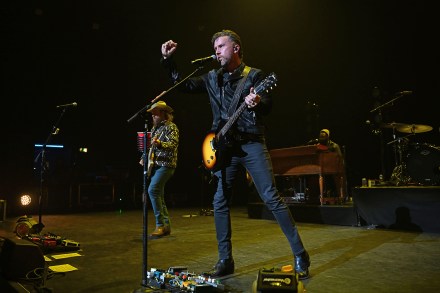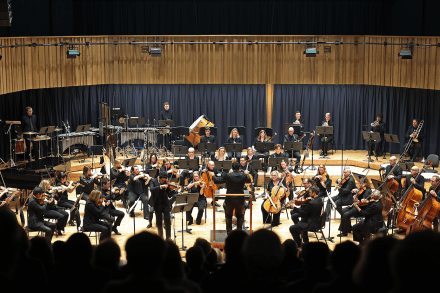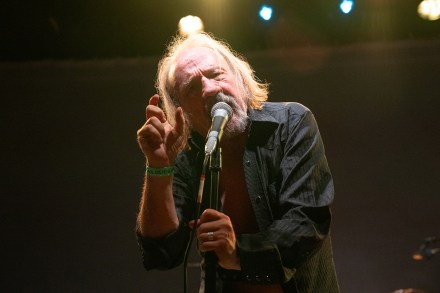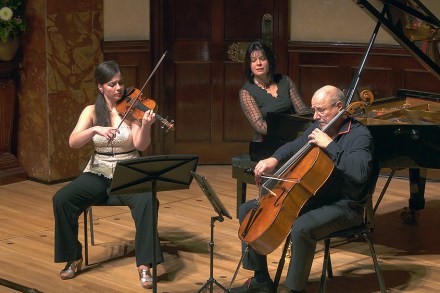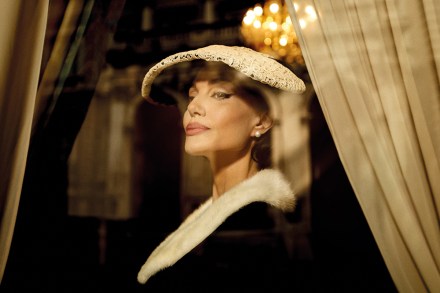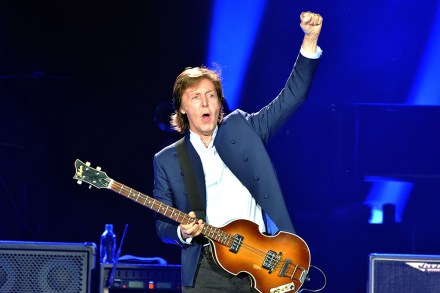I’ve had it with Pina Bausch
My patience with the cult of Pina Bausch is wearing paper thin. She was taken from us 16 years ago, and I had hoped that the aura of divinity around her memory might now be fading. But no, it only burgeons and having joined with Terrain Boris Charmatz to honour her creations, the official keepers of her flame Tanztheater Wuppertal are back in town to present one of her later works, Vollmond (‘Full Moon’), to ecstatic standing room-only congregations in her temple at Sadler’s Wells. What a bad, bad influence the Blessed Pina has had on dance, providing inspiration for hundreds of her imitators to pull the wool over our



